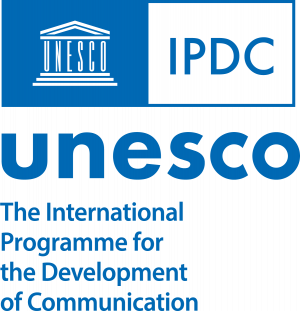- Governments and regulatory bodies play a vital role in establishing legal frameworks that protect both privacy and freedom of expression.
Dar es Salaam. In an era where the digital landscape dominates our lives, privacy and freedom of expression have emerged as two fundamental rights that often find themselves in a delicate balancing act.
On one hand, individuals seek to protect their personal information and maintain control over their digital identities. On the other hand, society needs to become more open-minded and enjoy the freedom of expression.
This content will try to highlight the key point which ensures there is equilibrium between privacy and freedom of expression in order to safeguard individual rights and upholding democratic values in the digital age.
Due to the development of digital technology, privacy serves as a cornerstone of every individual autonomy. Also It grants individuals the right to control their personal information, make choices about its collection and use, and establish boundaries for their digital presence.
Privacy ensures that individuals are free from unwarranted surveillance, intrusion, and the potential harm that may arise from the misuse of their personal data.
Moreover, respecting privacy is crucial for ensuring a conducive environment to free expression. When individuals feel secure in their digital interactions, they are more likely to freely share their thoughts and opinions without fear of reprisal or judgment. Privacy protection encourages open dialogue, allowing diverse voices to flourish and enrich public discourse.
To strike the right balance, transparency and informed consent become the most important. Individuals should be fully aware of the privacy implications associated with their online activities and the potential consequences of sharing personal information.
Service providers should ensure clear privacy policies, explain data handling practices, and obtain meaningful consent from users to foster trust and promote responsible data practices.
To ensure our privacy is safe, governments and regulatory bodies play a vital role in establishing legal frameworks that protect both privacy and freedom of expression. These frameworks should deliberately balance respecting individual rights while considering societal interests and the legitimate concerns of law enforcement.
Technology companies also bear an ethical responsibility to prioritize user privacy and develop robust privacy features in their platforms.
In addition, education and digital literacy play a crucial role in empowering individuals to navigate the digital landscape safely. By promoting awareness about privacy risks, providing tools for online privacy protection, and teaching critical thinking skills, we can foster a society that embraces both privacy and freedom of expression.
Despite all those factors , however, the rapid growth of digital expression has raised concerns regarding privacy. In the pursuit of amplifying their voices, individuals often disclose personal information that can be exploited or used against them.
Moreover, the pervasive collection and profiling of user data by tech giants for targeted advertising purposes raise questions about the extent to which our online activities are truly private.
In conclusion, there are still many setbacks regarding reconciling privacy and freedom of expression in the digital age which requires careful deliberation and collaboration among stakeholders.
By recognizing privacy as a vital component of individual autonomy and understanding the significance of freedom of expression in promoting democratic ideals, we can strive for a balanced approach that upholds both rights.
Through this delicate equilibrium can we build a digital world that respects personal privacy while nurturing a vibrant and inclusive public discourse.




